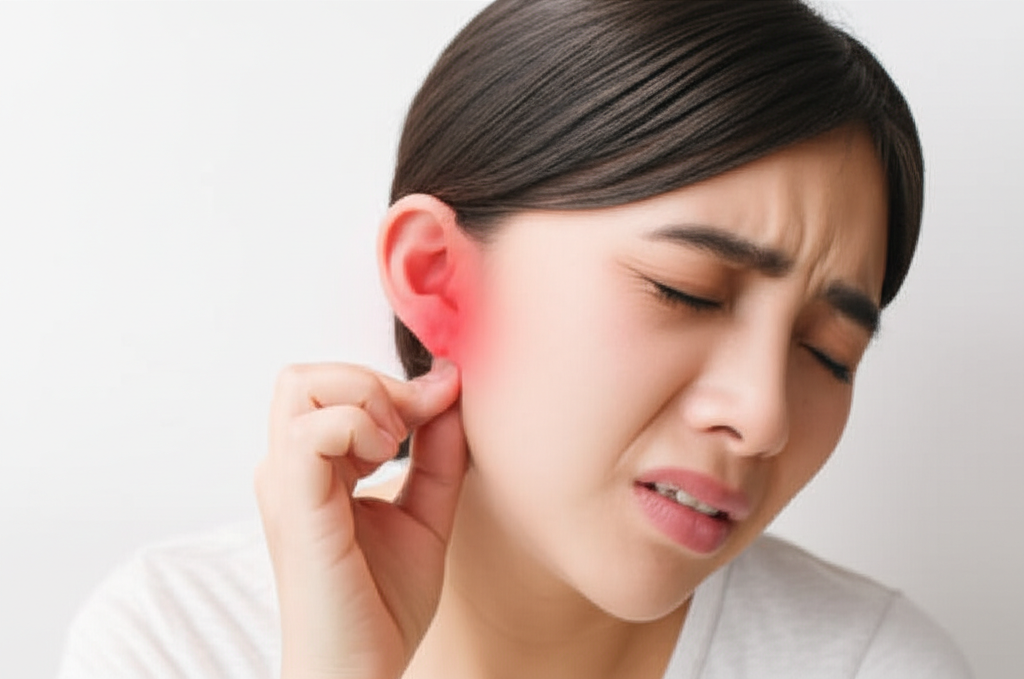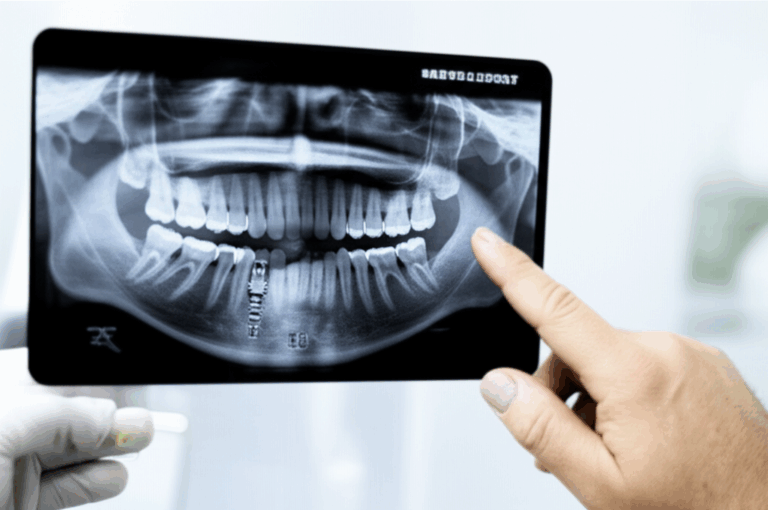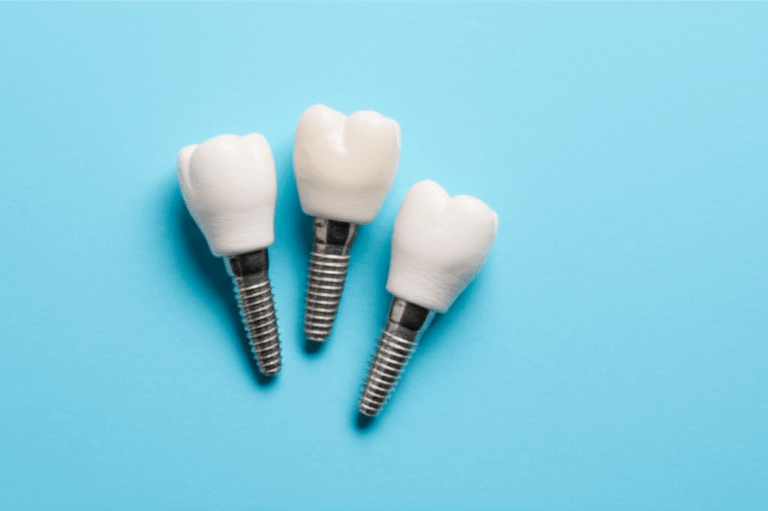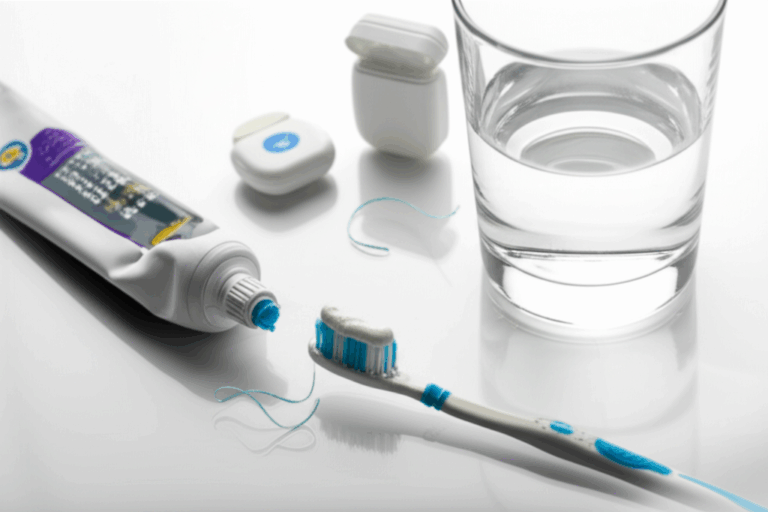
Can Dental Problems Cause Ear Pain?
Your Simple, Friendly Guide to Tooth and Ear Pain Connections
Have you ever wondered, “Why does my ear hurt, even if I don’t have an ear infection?” If you’re feeling some strange pain, or if your jaw and teeth ache on one side, you’re not the only one. People are often surprised to learn that problems with your teeth—or your jaw—can really make your ear hurt. It’s confusing, and even a bit scary, when you can’t find out where your pain comes from.
Let’s talk about why this happens, which tooth problems usually cause it, and what you can do to feel better. By the end, you’ll know exactly why your earache might start in your mouth—and what to do next.
Table of Contents
- The Link Between Teeth and Ear Pain
- How Dental Issues Can Cause Earaches
- Main Dental Problems That Lead to Ear Pain
- Signs Your Ear Pain Is From Your Teeth
- Diagnosis – Who to See & What Happens
- How to Treat Earaches From Dental Problems
- Prevention: Happy Teeth and Ears
- What to Do Next
The Link Between Teeth and Ear Pain
Let’s start with the big question: Can tooth problems cause ear pain? Yes, for sure! It’s more common than people think. In fact, dentists or ear doctors often find out that ear pain isn’t from the ear at all. It’s from your teeth or jaw.
Imagine this: You move your jaw to eat, yawn, or talk, and suddenly there’s a sharp pain or a steady ache in your ear. You might not have a fever, nothing is wrong with your ear, and a basic checkup finds no ear infection. But the pain is still there. What’s going on?
Your mouth and ears are right by each other—and more connected than you think.
How Dental Issues Can Cause Earaches
Your body sometimes gets the pain signals mixed up. You might feel pain in one spot, but the real problem is in another. This is called referred pain.
A simple way to think about it:
Your jaw, teeth, and ear are like neighbors using the same power lines. If there’s a problem in one house (like a bad tooth), the house next door (your ear) might also lose power (feel pain).
Why does this happen?
Your mouth, jaw, and ears share important nerves—mainly the trigeminal nerve and some others. These nerves give feeling to your face, teeth, jaw, and part of your ears. If something is wrong with your teeth or jaw, these nerves can send mixed-up signals. That way, pain from a tooth or jaw problem shows up in your ear and makes it feel like the ear is the problem.
Main Dental Problems That Lead to Ear Pain
Let’s look at the main reasons why this happens. Not every tooth problem will make your ear hurt, but some often do.
- TMJ (Jaw Joint) Problems
Your TMJ is the joint just in front of your ear. It connects your lower jaw to your head. When this joint is swollen, out of line, or overused, it can cause a lot of pain—even in your ear.
Common TMJ warning signs:
- Pain or soreness in your jaw, especially near your ear
- Clicking, popping or grinding sounds when you move your jaw
- Hard time chewing, or your jaw gets stuck
- Ear pain, pressure, or even ringing in the ear (tinnitus)
- Headaches and neck pain
TMJ problems are a big cause of ear pain. Studies say up to 80% of people with TMJ issues feel ear trouble too.
- Wisdom Teeth Troubles
Are your wisdom teeth trying to come in, or are they stuck under the gum? If they’re impacted or infected (pericoronitis), the swelling and pressure can send pain to your ear.
- Stuck teeth press on nerves and jaw tissue.
- An infected wisdom tooth may cause swelling, earaches, sore throat, and swollen glands.
About one in four people with stuck wisdom teeth will feel pain in their ear.
- Bad Tooth Infections & Abscesses
If you have a tooth abscess (a pocket of pus under a tooth) or pulpitis (the inside nerve of your tooth is sore), pain can travel right through the nerves—up to your ear.
Watch for:
- A really bad, pounding toothache
- Swelling of your gums or jaw
- Tooth hurts with pressure or hot/cold foods
- Bad taste in your mouth (from pus)
- Fever, if the infection is serious
If you don’t treat it, the pain can get worse and move to other spots. Almost 5% of all ear pain cases can be caused by tooth problems, most often abscesses.
- Teeth Grinding or Clenching (Bruxism)
You may not know it, but if you grind your teeth at night or clench your jaw during the day, you put a lot of pressure on your chewing muscles and your TMJ.
This makes a steady, spreading pain that often goes to your ear—plus headaches and sore jaws.
- About 8–10% of adults grind their teeth often.
- Roughly 70% of them say their jaw pain moves to their ears.
- Deep Cavities or Cracked Teeth
If a cavity or crack reaches the nerve inside your tooth, the pain can move around. Eating, biting, or drinking something hot or cold can all trigger pain—and sometimes make it feel like it’s in your ear.
- Gum Disease (Periodontitis)
Serious gum disease makes your gums and jawbone sore. If a deep infection is close to your back teeth or jawbone, pain can move up toward your ears or down your neck.
Other causes: Dental cysts, injury to teeth, bad bites (where your teeth don’t line up right), and even new dental work like fillings, crowns, or implants can sometimes cause pain near your ears.
Signs Your Ear Pain Is From Your Teeth
Think your earache might really be a tooth problem? Here’s what to watch for:
- Pain gets worse when you chew, talk, or yawn.
- No fever, drainage, or typical “ear infection” stuff.
- Tender spot at your jaw joint, or you hear clicking/popping.
- Tooth is sensitive to hot/cold, or you see gum swelling.
- Headache, neck pain, or face pain (usually one side).
- Pain comes and goes, or only hurts on one side.
- You just had dental work, or you already have tooth problems.
Most ear infections also have fever, fluid from the ear, trouble hearing, and usually follow a cold.
Diagnosis – Who to See & What Happens
Who should you see first?
If you’re not sure if the pain is from your teeth or ear, visit the dentist first—especially if you have a toothache, swelling, or sore jaw. Dentists can spot tooth causes and send you to an ENT (ear, nose & throat doctor) if needed.
What will the dentist do?
- Look at your teeth, gums, and jaw: Checking for holes, infection, bad bites, or jaw problems.
- X-rays: Needed for abscesses, stuck teeth, or jaw bone problems.
- Checking your jaw: Feeling the jaw joints and chewing muscles for areas that are sore.
- Test the TMJ: Looking for clicks or stuck jaw.
- Suggest more tests, if needed: Sometimes, a CT scan, MRI, or another special test is needed.
Fun fact: About 60% of people with long-lasting ear pain have a dental or jaw problem!
How to Treat Earaches From Dental Problems
Once you and your dentist know what’s wrong, you’re halfway to feeling better. Here’s what could help.
- Fix the Tooth Problem
- Cavities: Fill the hole, or do a root canal if the nerve is infected.
- Tooth Abscess: Drain the pus, take medicine, and do a root canal or take the tooth out if needed.
- Stuck Wisdom Teeth: Remove them with a small surgery.
- Gum Disease: Teeth cleanings, maybe more medicine, and better brushing/flossing.
- Help Your Jaw Joint (TMJ) Problems
- Mouthguards/Splints: Wear mainly at night to protect teeth and give your jaw a rest. Custom ones are made at a night guard dental lab or with a TMJ specialist.
- Medication: Ibuprofen or other pain medicine for soreness and swelling; sometimes muscle relaxers.
- Physical Therapy: Simple jaw exercises to help your jaw work better.
- Handle Stress: Teeth grinding is often related to stress—relaxation, deep breaths, or counseling can help.
- Eat Soft Foods: Soups, mashed potatoes, and no chewing gum or hard snacks.
- Warm Compress: Place a warm (not too hot) cloth on your jaw.
- Surgery: Rare, only for very bad TMJ cases that don’t get better.
- Stop Teeth Grinding (Bruxism)
- Mouthguards: Custom-fitted pieces that keep your teeth apart.
- Behavior Therapy: Help with stress, better sleep habits.
- Dental Work: Fix bite problems; sometimes braces or new fillings.
At-Home Tips (While You Wait to See a Doctor)
- Use a warm (not hot) cloth on your cheek/jaw.
- Only eat soft foods and chew on the good side.
- Take over-the-counter pain medicine if you need (read instructions first!).
- Keep your mouth as clean as you can, even if it’s sore to open.
Note: If you have big swelling, fever, or can’t swallow, get help right away. Infections in your mouth can spread and become very serious if not treated quick.
Prevention: Happy Teeth and Ears
Stopping problems early is the best way. Here’s what helps:
- Brush and floss daily.
- See your dentist often for checkups and to catch problems early.
- Tell your dentist about jaw popping, sore jaw, or tooth pain even if it’s small.
- Fix tooth grinding early. There are lots of mouthguards now, some made at a high-tech digital dental lab.
- Treat dental problems quickly so they don’t get worse.
For more easy tips, see these guides on Teeth Health and Dental Diseases.
What to Do Next
Let’s sum up the main points:
- Yes, tooth problems can really cause ear pain.
- Jaw, teeth, and ears use the same nerves—so pain can be “mixed up” as an earache.
- TMJ issues, wisdom teeth, infections, teeth grinding, and gum disease are usually to blame.
- If ear pain comes with a sore jaw, toothache, or is only on one side, don’t ignore it.
- Your dentist can usually solve the problem and get you feeling better.
- Good brushing, flossing, and regular dentist visits help you avoid these problems.
What next? If you have unexplained ear pain—especially with tooth or jaw pain—call your dentist today. The sooner you act, the sooner you’ll feel good again.
Want to avoid pain? Look after your mouth. Your ears will be happier too.
Frequently Asked Questions: Can Dental Problems Cause Ear Pain?
Can a cavity cause ear pain?
Yes, especially if the hole goes deep enough to reach the nerve inside the tooth.
How do I know if my ear pain is from my tooth?
If pain gets worse with eating, talking, or moving your jaw, or if you also have tooth soreness or swelling, it’s often dental.
Can dental problems make my ear ring or feel blocked?
Yes—especially jaw joint or wisdom teeth problems.
Should I see a dentist or ENT first?
See your dentist first, especially if you have teeth or jaw symptoms. The dentist will send you to an ENT if needed.
What if my ear pain won’t stop after dental treatment?
See your dentist again, and maybe an ENT doctor. Rarely, pain stays awhile as nerves heal.
Want More? Read These
- Teeth Information: Structure, Care, and Common Conditions
- Dental Diseases Explained
- Protecting Your Teeth for Better Overall Health
Remember: You don’t have to solve this alone. Dentists see ear pain from teeth problems every day, and there’s a straight path to feeling better—just start with a good chat and a close look at your teeth and jaw. If your ears and mouth both bother you, let your dentist and doctor work together to find out why.
Relax—feeling better is just ahead!
Medically checked for clear, simple advice by a licensed dentist in 2024. For info about dental procedures or special products, see your local dentist.








